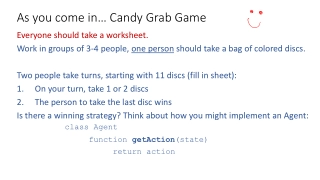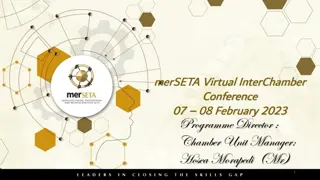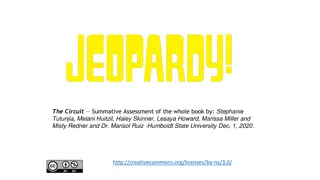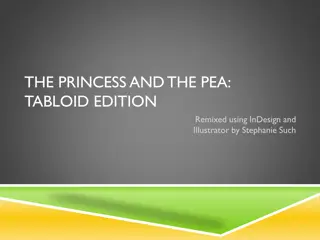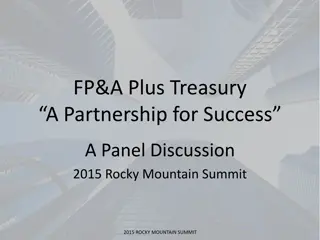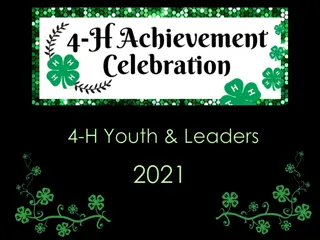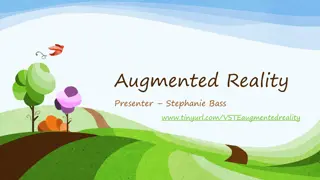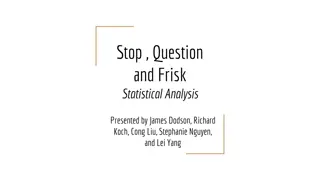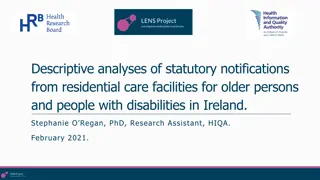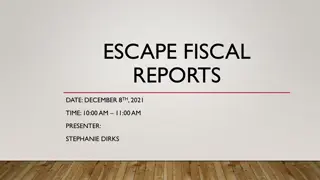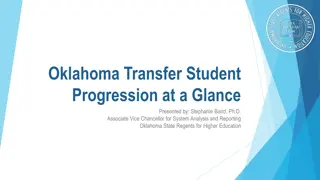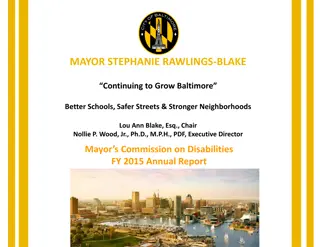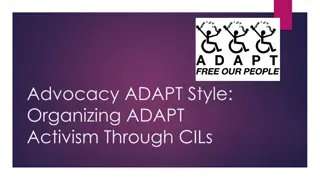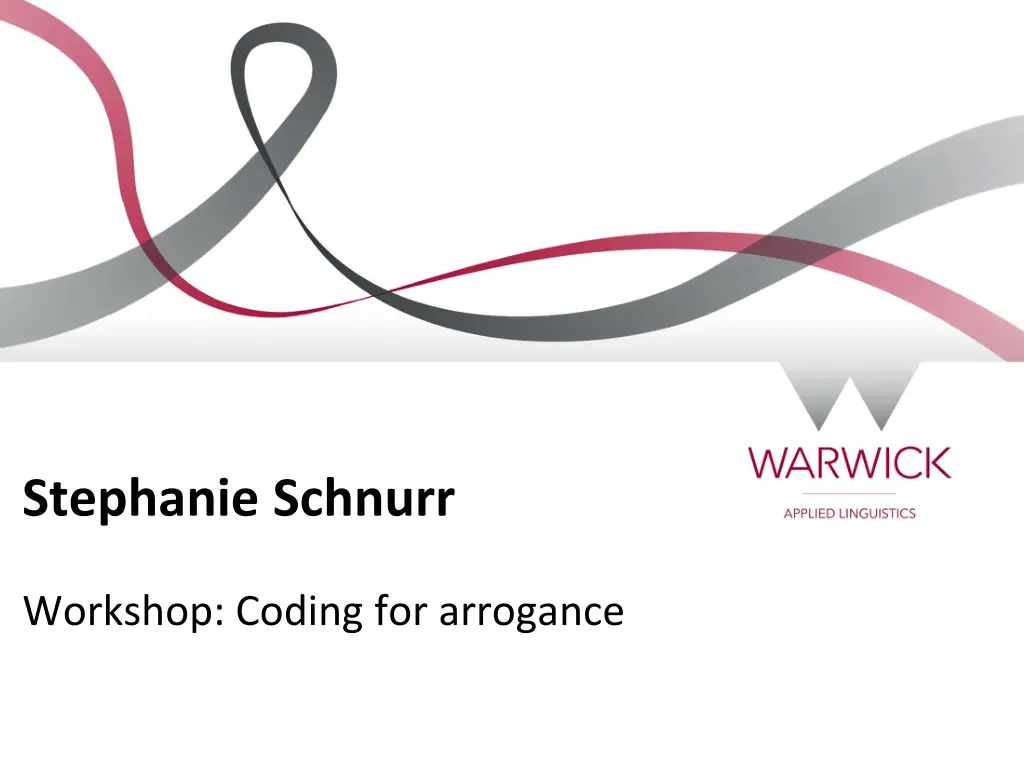
Understanding Arrogance in Leadership Discourse
Explore the intersection of arrogance and communication in professional, medical, political, and leadership settings. Delve into public perceptions of arrogance in leaders like Donald Trump and Steve Jobs, and its impact on professional athletes. Analyze how arrogance is constructed, perceived, and critiqued in public discourse.
Uploaded on | 0 Views
Download Presentation

Please find below an Image/Link to download the presentation.
The content on the website is provided AS IS for your information and personal use only. It may not be sold, licensed, or shared on other websites without obtaining consent from the author. If you encounter any issues during the download, it is possible that the publisher has removed the file from their server.
You are allowed to download the files provided on this website for personal or commercial use, subject to the condition that they are used lawfully. All files are the property of their respective owners.
The content on the website is provided AS IS for your information and personal use only. It may not be sold, licensed, or shared on other websites without obtaining consent from the author.
E N D
Presentation Transcript
Stephanie Schnurr Workshop: Coding for arrogance
My main research interests Professional communication Medical communication Political discourse
My main research interests Professional communication Leadership discourse Discourse of professional athletes Medical communication Political discourse Leadership discourse
Questions of arrogance Professional communication Leadership discourse Discourse of professional athletes Medical communication Political discourse Leadership discourse
Leadership discourse Leadership in the public domain: Political leaders Professional leaders (celebrities?) Claims of arrogance associated with their public image Closely linked with criticism, negative stance But forgivable? Sometimes acceptable for a leader?
Some examples Public discourse around certain leaders: Donald Trump isn t mad he s the arrogant boss we ve all seen before (headline in Guardian, Feb 2017) This is Steve Jobs. You think I m an arrogant asshole who thinks he s above the law, and I think you re a slime bucket who gets most of his facts wrong. (Steve Jobs calling journalist after interview)
Sports discourse Post-match TV interviews: Athletes (carefully and often strategically) constructing and negotiating their identities and image Issues of (perceived) arrogance are very relevant Potentially detrimental effect on athlete s image Close link between inappropriate behaviour and (perceived) arrogance
An example Failed humour in a post-match interview Maybe it s because I m black (Lewis Hamilton complaining about being (repeatedly) called out by the stewards for dangerous driving) Received criticism from fans and media: I don't think this frustration justifies his arrogant and petulant attitude in his interview with Lee Mackenzie. HE NEEDS TO GROW UP!!
My approaches Discourse analysis Interactional sociolinguistics Contextualisation cues to identify markers of arrogance in discourse para-linguistic (e.g. eyes, body, gesture, gaze) linguistic (e.g. tone of voice, lexical choice, engagement with interaction) Reactions (in media) to identify perceptions and accusations of arrogance
Particular interest Arrogance and leadership in public domain Arrogance and sports discourse Arrogance and humour Link to failed humour?
Thank you! s.schnurr@warwick.ac.uk


